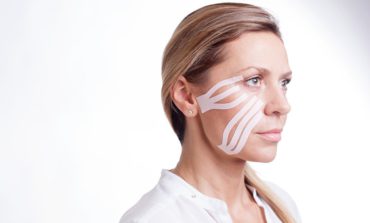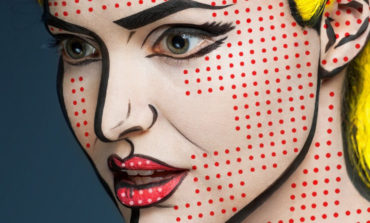Arbutin: the Buzz around the Bearberry
Long gone are the days when women had to live with the body shape, hair color, and skin tone they had been born with, and when aging was just something to accept as the natural course of things. Nowadays, we can change just about anything about our appearance: we dye our hair, lose weight, pay for plastic surgeries, and frequent tanning parlors if our skin seems too pale.

But what if you’d like your skin tone to be lighter? Or perhaps you’d like to get rid of those pesky age spots? After some long-standing whitening treatments have been discredited or even banned, here is a new star on the scene: arbutin, a chemical extracted from bearberry. A recent study conducted by a group of Japanese scientists suggests that arbutin both helps whiten the skin and is safe for you.
Where does It Come from?
Bearberry grows all across Northern Hemisphere and has long been used in folk medicine for making skin whiter. It contains arbutin – an enzyme that can block skin cells that produce melanin, which is responsible for tan, freckles, and age spots. Arbutin is also found in pear skins and wheat; however, its concentration in plants is very low, which is why you may want to use cosmetic treatments and creams available on the market, which contain around 1% arbutin, rather than try to buy fresh bearberries! While a lot of arbutin used in cosmetic products is extracted from the berries, there is now also synthetic arbutin, reported to be even more efficient (you can find the study here.)
Of course, arbutin is not the first chemical marketed as a magic tool for making skin whiter. You may have heard of the licorice root (another plant) and kojic acid (extracted from mushrooms). However, for many years the most popular whitening agent was hydroquinone, which has been recently found cancerogenic and consequently banned in most European countries. Apart from its cancer risks, hydroquinone was reported to be very irritating for sensitive skin.
So, How Efficient Is It?
Apart from the study quoted at the beginning of this article, the results of other studies are rather positive but not fully conclusive (more comprehensive analysis here.) While in some tests significant effect was reported, some seem to show mixed or even opposite effect. What is clear, however, is that arbutin is much safer than hydroquinone – the former only inhibits cells from producing melanin, while the latter actually kills the cells! In fact, there are reports that arbutin can protect your skin from harmful UV radiation and prevent some forms of cancer.
Apart from making your skin whiter, arbutin can be applied to reduce acne scars and brown spots. It should be noted, however, that scientists from the Food Research Institute in Potsdam have found that arbutin can be transformed into hydroquinone by the bacteria living in your digestive tract, thus potentially increasing the risk of cancer.
If you do decide to try arbutin, skin products containing it can be bought from specialized online stores and include facial masks, correctors, creams, and toners. Prices vary from 10 to 150 USD. Alternatively, you can opt for pure bearberry extract or powder. Do remember, though, that it will take some years till long-term effects of its usage can be properly studied.





